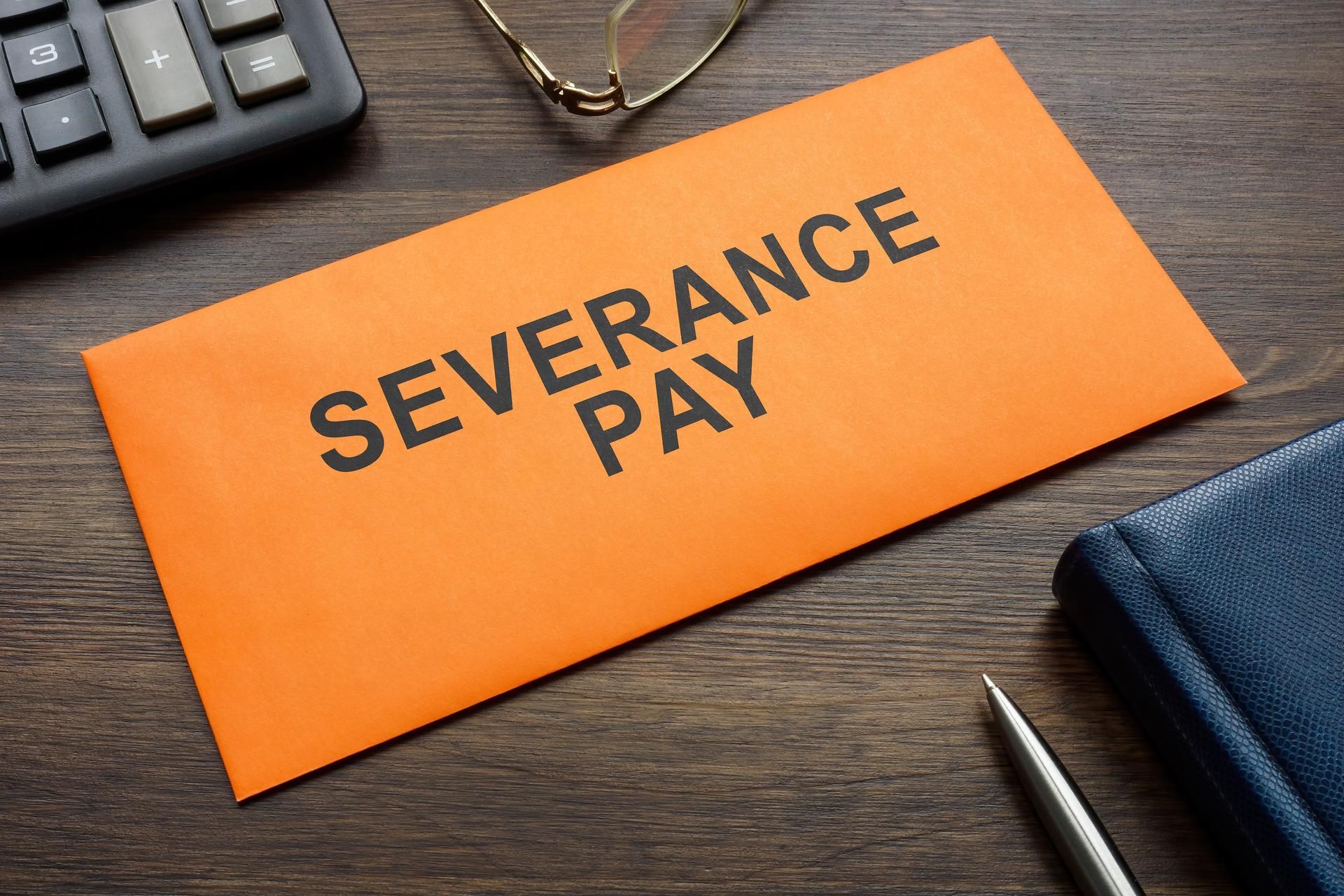Discrimination In The Workplace: How To Recognize It And When To Hire A Lawyer

Discrimination in any form undermines the integrity of a workplace and diminishes the value of diversity and inclusion that modern organizations strive to uphold. Being informed about workplace discrimination is crucial for both employers and employees to foster a fair, respectful, and lawful environment.
This blog post aims to shed light on the different facets of workplace discrimination, empowering individuals with the knowledge to recognize, address, and seek legal recourse for such issues. We will delve into the nuances of identifying discrimination, the steps to take if you find yourself a victim, and the circumstances under which legal guidance becomes imperative.
What is Discrimination?
Discrimination is any action that unfairly treats someone because they belong to a specific group (a.k.a. a protected class) that is identified by a state or federal law. It can take many forms, including being deprived of job opportunities, unequal pay, or being passed over for promotion. Often, discrimination is subtle and can be challenging to prove. For example, a manager may favor employees who share similar backgrounds or experiences. Still, it's important to be aware of the many ways discrimination can manifest and affect your career.
How to Identify Discrimination
There are several ways to recognize discrimination in the workplace. First, pay attention to how you are treated compared to your coworkers that occupy the same job, work under the same manager or supervisor, and subject to the same rules or policies. Are you receiving fewer opportunities, being passed over for promotions, or receiving lower pay? These are signals that there may be a problem.
Another way to recognize discrimination is to pay attention to how you are treated when compared to others who do not share your demographic information. Are you experiencing different treatment, often negative, when compared to a co-worker of a different race, sex, religion, national origin? Are you disabled? Are employees of a younger age receiving opportunities that are denied to those over the age of forty? If so, this is another signal of discriminatory conduct.
What to Do if You Experience Discrimination
If you have experienced discrimination in the workplace, it's important to document any evidence that you can. This might include emails or conversations with co-workers or managers. You should also make a note of dates and times so you can clearly state what happened and when. After documenting what occurred, review the company’s discrimination/harassment reporting policy and submit a written complaint pursuant to the policy (usually the Human Resources (HR) department), AND (this takes courage) make sure the person engaging in the discriminatory conduct is made aware of your report. Discuss your concerns and how the issue has impacted you. Be prepared to show your evidence, clearly explaining how and why it proves that discrimination has occurred.
When to Hire a Lawyer
In some cases, you may need to hire a lawyer to help you overcome discrimination and receive compensation for the harm caused. An employment lawyer has the knowledge to evaluate your claim and file a lawsuit if necessary. They can also help ensure that your rights are protected and that you receive the compensation you are entitled to. If you think you have a claim or that your employer is retaliating against you for complaining about discrimination, a lawyer can help.
Taking Care of Yourself
Discrimination can be emotionally draining, and it's essential to take care of yourself during the process. You may want to consider speaking with a therapist during this time. They can help you process your emotions and develop coping skills. Additionally, be sure to take time off work if you need to. Time to regroup and focus on your well-being is critical during this process.
Discrimination in the workplace can be difficult to recognize and navigate. However, knowing your rights and documenting any discriminatory actions is essential in overcoming the issue. If you find that you have experienced discrimination and need help moving forward, speak to an experienced attorney who can evaluate your situation and help you seek justice. Most importantly, don't forget to take care of yourself and prioritize your well-being during this time.
Reach out to Allen D. Arnold Attorney at Law to learn more.
Alabama Rules of Professional Conduct Notice: No Representation is made that the quality of legal services offered is greater than that of other lawyers. The information contained on this website is not a substitute for legal advice, and reading it does not create an attorney-client relationship.
Alabama Rules of Professional Conduct Notice: No Representation is made that the quality of legal services offered is greater than that of other lawyers. The information contained on this website is not a substitute for legal advice, and reading it does not create an attorney-client relationship.









